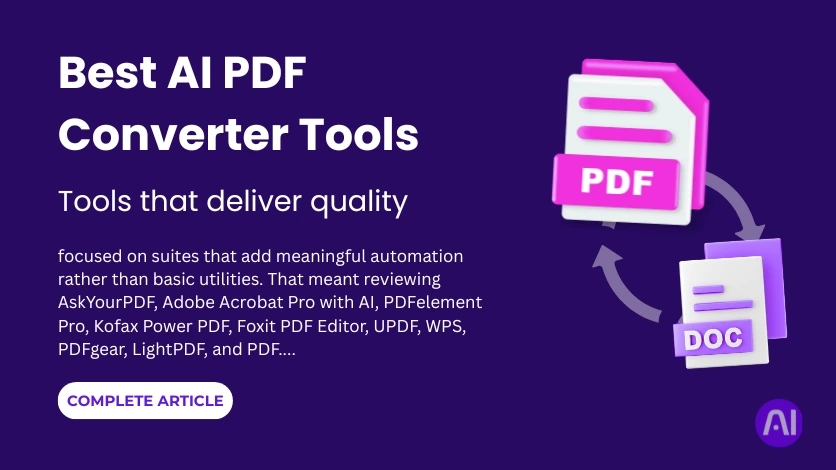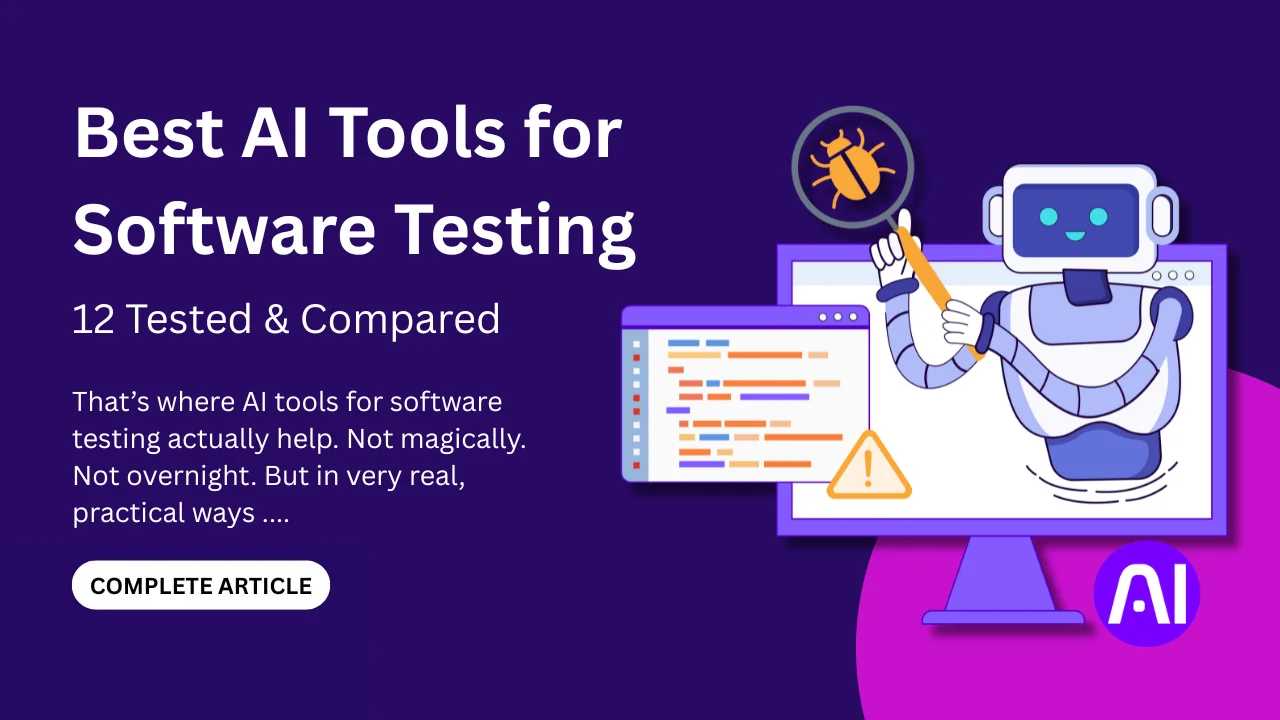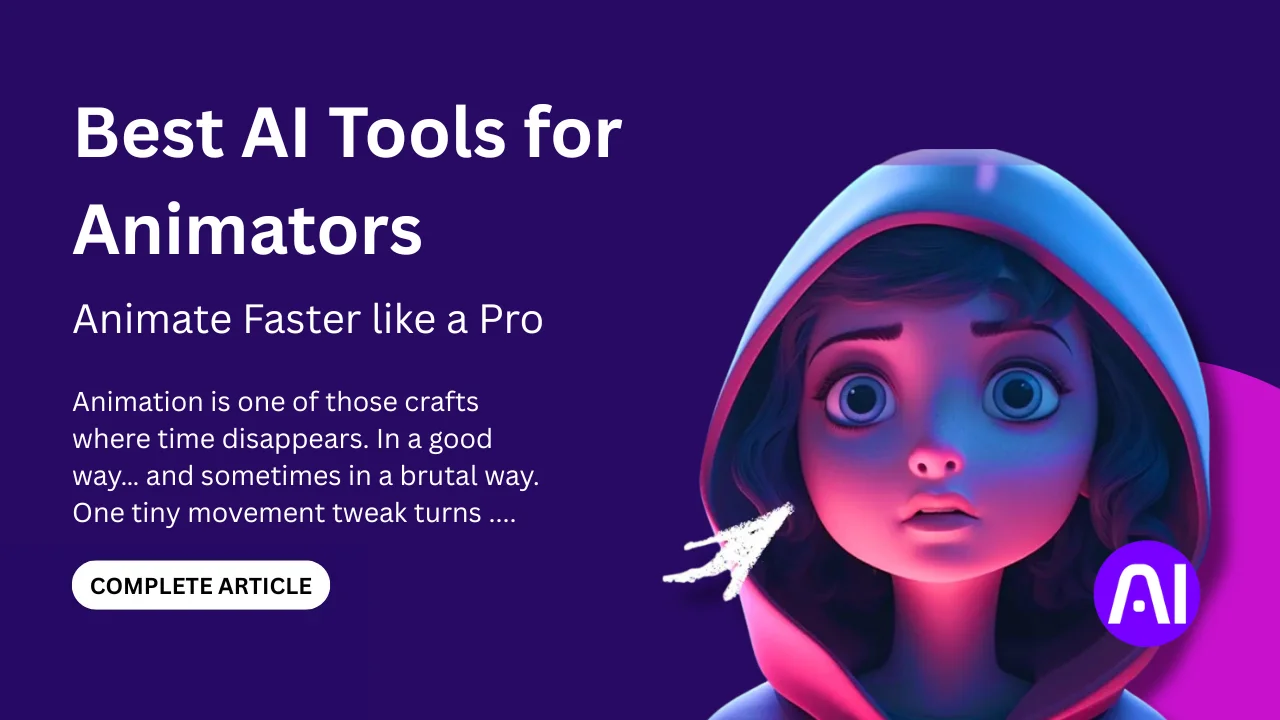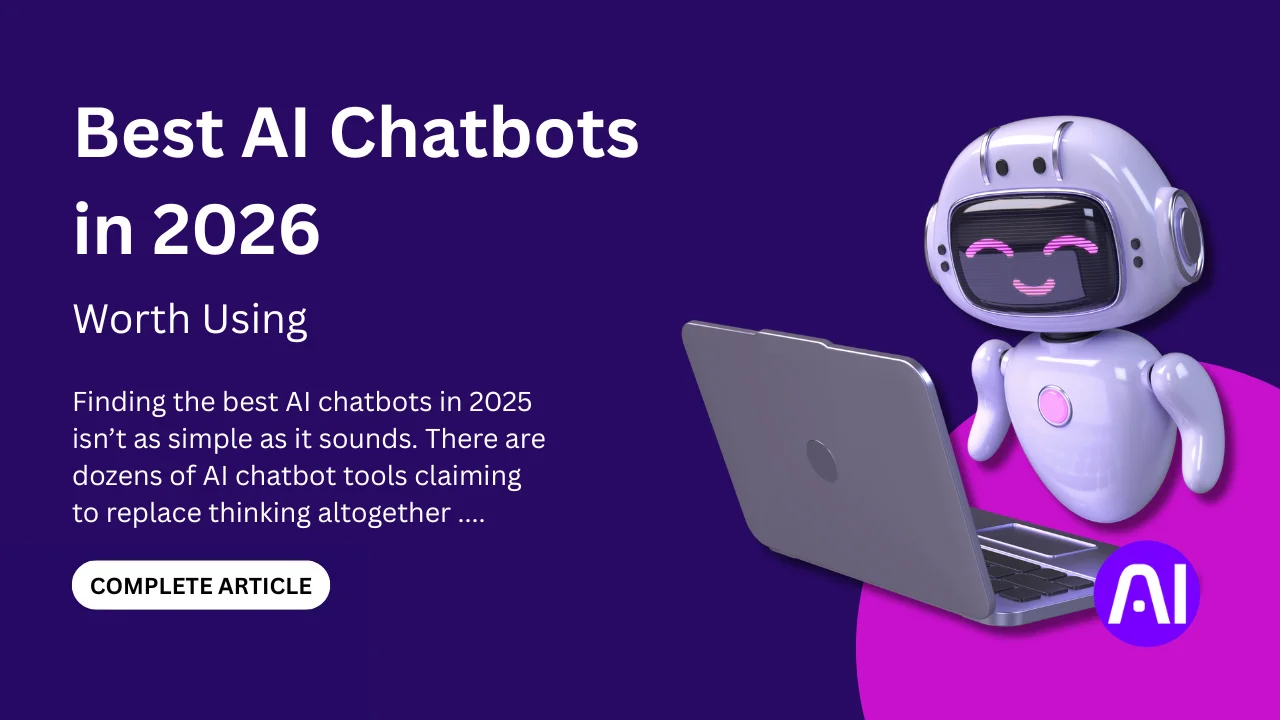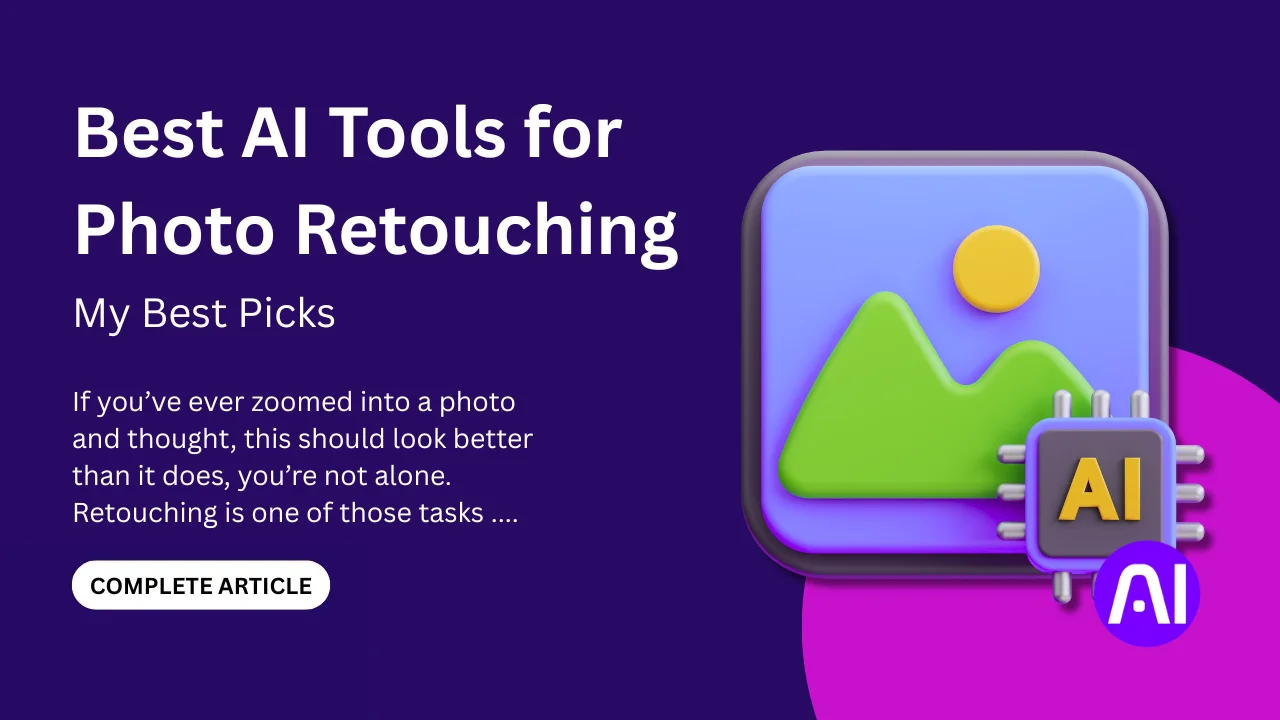The rise of the AI private investigator is changing the world of detective work. What used to take days or weeks is now done in minutes. Thanks to predictive analytics and facial recognition, answers come faster than ever before.
This new way of solving cases uses smart tech, not just people. With automated detective systems and intelligent investigation platforms, AI can track, analyze, and report in real time. These tools help find lost people, track hidden assets, and even expose online lies with ease.
In this article, you will learn how AI is revolutionizing private investigation services. We’ll show you how digital tools work, what makes them so powerful, and why many agencies now trust machines more than human eyes. From top AI surveillance tools to advanced digital investigation software, this guide breaks it all down in simple words. If you want to know how today’s smartest tech solves real cases, you’re in the right place.
What Is an AI Private Investigator?

An AI private investigator is not a person. It is a system or software that uses smart technology to solve cases. These tools are fast, accurate, and work 24/7. They help private investigators find facts and solve problems with less effort.
Years ago, a detective had to search records by hand. They had to watch people, follow leads, and write reports. Today, AI does most of this work. With digital investigation software, one system can scan hundreds of files in seconds. It can find hidden links, spot lies, and show what really happened.
How AI Does the Work
AI learns from data. This is called machine learning investigation. The system looks at past cases and patterns. Then it uses that knowledge to solve new ones. It gets smarter over time.
A big part of this work is done using AI surveillance tools. These tools watch cameras, track online activity, and listen to audio. They can even match faces using smart evidence analytics. That means they do not just collect data. They understand it.
What AI Investigators Can Do
AI tools can help in many ways:
- Track people through phone records or cameras
- Scan emails or texts for clues
- Find fake profiles or stolen IDs
- Search financial records fast
- Spot fraud or crime patterns
They are used in family cases, job checks, thefts, and even cybercrime.
Why AI Is Growing Fast
AI works faster than humans. It also sees things that people might miss. With the help of intelligent investigation platforms, cases are solved in hours instead of days. This saves time, money, and stress.
Private agencies now use AI to stay ahead. It gives them a sharp edge. With less guesswork and more data, their success rates go up.
In short, an AI private investigator is a smart tool. It is not here to replace people but to help them work better. And as the tech gets smarter, so do the results.
How AI Is Revolutionizing Private Investigation Services
Private investigation has changed a lot. The biggest reason is AI. Today, smart systems help solve cases faster, cheaper, and with more detail. This is how AI is revolutionizing private investigation services.
Fast Results
Speed is a big benefit. In the past, finding facts could take days. Now, data-driven detective platforms can scan thousands of files in minutes. They check emails, social media, and phone records. AI can also search public records and crime databases in real time.
Thanks to real-time video analytics, investigators can get instant alerts. Cameras with AI can spot a face or license plate and flag it right away. This cuts hours of manual review.
High Accuracy
AI does not get tired. It does not miss small clues. These smart tools notice patterns that a human might overlook. With digital investigation software, even deleted files or hidden messages can be found.
AI is also fair. It looks only at facts and data. That means it helps reduce errors and bias.
Saves Money
Hiring people to do deep research can cost a lot. AI tools do the same work in less time and with fewer people. This makes private investigations more affordable for many.
Firms no longer need big teams. One trained expert with the right AI surveillance tools can handle many cases. This saves money for both agencies and clients.
Works With Humans
AI is not here to replace real investigators. It helps them work better. Humans use logic and judgment. AI helps by giving the facts faster and clearer. Together, they solve more cases in less time.
The Future Is Smart
The world is changing. Crime is getting smarter. So are the tools we use to fight it. With AI, investigators now have a strong helper. From tracking people to finding digital clues, AI is leading the way.
That is why AI is revolutionizing private investigation services. It brings speed, truth, and power to the hands of the modern investigator.
Top AI Tools Used by Modern Private Investigators
Smart tech is helping private investigators more than ever before. Today’s cases are solved with speed and detail. All thanks to powerful AI tools. These tools do more than just collect data. They understand it. They help find truth fast and with less cost. Let’s look at the top AI tools used by modern private investigators.
Facial Recognition and AI Surveillance Tools
AI surveillance tools are now used in almost every case. One top tool is facial recognition. It scans live camera feeds and recorded videos. It can match a face to a photo in seconds.
This helps in missing person cases, tracking suspects, or watching locations. AI cameras can even spot people in a crowd, day or night. They use smart tech to read face angles, skin tones, and walk patterns. These are part of smart surveillance software.
Cameras can now alert investigators if a person of interest is seen. This is faster than watching hours of footage. It saves time and finds people sooner.
Predictive Analytics Engines in Digital Investigation Software
Digital investigation software now uses predictive analytics. These engines study past behavior and data. Then they guess what could happen next.
For example, if a person calls the same number many times, AI may flag that number as important. Or if money moves in strange ways, AI can alert investigators.
These systems look at emails, chats, bank records, and call logs. They learn what is normal and what is not. They can also connect small clues that humans might miss. This is what makes automated digital forensics so strong.
NLP for Reports and Sentiment Analysis
NLP means Natural Language Processing. It helps AI read and understand human words. Investigators use this tool to scan texts, emails, and social media posts.
AI with NLP can tell if a person is lying or hiding something. It can read the tone and feelings in a message. This is called sentiment analysis.
It is useful in cases like online threats, cheating, or fraud. AI scans thousands of words and picks out what matters. Then it shows clear reports that humans can read fast.
Speech-to-Text and Audio Mining
Not all clues are written. Many are spoken. AI tools now turn speech into text. This is called speech-to-text. It helps when listening to phone calls or voice recordings.
Audio mining tools can find key words in long talks. For example, they can search for words like “plan,” “money,” or “hide.” If found, they highlight the time and word.
These tools help in cases with secret calls or unknown voices. They make it easy to find what matters in hours of audio.
AI-Driven Video and Audio Forensic Systems
Videos and audio can now be cleaned and studied with AI. These systems remove noise, sharpen blurry images, and find hidden sounds.
This helps in cases with poor video or unclear sound. AI can slow down footage, zoom in, and even track a moving object. These tools give clear proof for courts and clients.
They are key parts of evidence-scanning AI. This means AI can find, clean, and explain proof in a fast and fair way.
Why These Tools Matter
The world is full of digital clues. AI helps find them. These tools save time, cut costs, and raise success. That is why more investigators now trust AI for help.
From smart surveillance software to automated digital forensics, these tools work quietly but powerfully. They see more, miss less, and keep data safe.
Using the top AI tools used by modern private investigators, cases that once took weeks can now close in a day. These tools are not just smart. They are changing how truth is found.
Case Study: Solving a Case in Minutes
In this section, you’ll read two real-world stories. Each shows how an ai private investigator used real-time analytics platforms and intelligent crime‑solving systems to crack cases fast. You will see each case broken down simply.
Case Study 1: NYPD and Domain Awareness System
User: NYPD (New York Police Department)
Challenge: They needed to find a suspect in a busy city with hundreds of cameras and tons of data.
Solution: NYPD used their intelligent crime-solving system called the Domain Awareness System. It checks 18,000 CCTV cameras, license plate readers, 911 calls, arrest logs, and more. With AI, they found a suspect from live and saved the video in minutes. Then, facial recognition pointed them toward possible matches.
Takeaway: Using real-time analytics platforms, they turned endless data into clear clues. They solved cases faster with AI help.
Case Study 2: NYPD, Drone & Facial Recognition in CEO Murder Case
User: NYPD and private partners
Challenge: A high-profile murder happened in Manhattan. The shooter was masked and on a bike. Many cameras captured blurry or hidden faces.
Solution: Police used drones with cameras to follow bike routes. They fed drone and street camera footage into facial recognition. They tracked a hostel image of the suspect with his mask off. Later, a worker in Pennsylvania recognized him from a police image. AI matched key video frames with still photos from drone and street cams.
Takeaway: Combining drones, AI surveillance tools, and smart analytics helped solve a tough case in days. AI sifted through huge data and found the right lead.
Workflow Across Both Cases
- Collect data from drones, cameras, plates, calls.
- Use real-time analytics platforms to process live feeds.
- Run facial recognition on stills and video.
- Match faces or plates with databases.
- Follow leads and confirm with humans.
- Close the case quickly and accurately.
These are just two examples. They show how fast tools like AI drones, cameras, and facial systems work in the real world. Using intelligent crime-solving systems, modern investigators now solve cases that once took weeks in just minutes.
Comparing AI vs. Human-Only Investigations
AI is changing how we solve cases. But that does not mean human private investigators are no longer needed. In fact, the best results happen when both work together. This is called a human-AI hybrid investigation. It mixes smart machines with human skills.
What AI Does Best
AI is fast. It can look at thousands of files, videos, or messages in seconds. It never gets tired or bored. Tools like ethical AI detective systems follow rules. They do not forget steps or skip files.
AI can scan videos, read texts, and even hear sounds. It finds patterns, links people, and spots red flags. This helps save time and find facts fast.
Where Humans Still Lead
AI can’t replace the human mind. People understand feelings, body language, and hidden meaning. A human knows when something “feels off.” They also know when to go slow, ask more questions, or dig deeper.
Private investigators use their gut, empathy, and years of experience. They build trust with people. They can talk to someone and learn more than what AI finds on a screen.
Agencies like El Dorado Insurance Agency, INC and Withum support using AI. But they know that human skill is still the heart of each case.
Pros and Cons
AI Pros:
- Works fast and non-stop
- Finds small links people may miss
- Good with large data
- Cheaper for some tasks
AI Cons:
- Can miss context or emotion
- May follow wrong data trail
- Needs good input to give good output
Human Pros:
- Understands people and emotions
- Can ask smart follow-up questions
- Makes sense of complex events
Human Cons:
- Slower than machines
- Can get tired or make mistakes
- Needs time to train and grow
Better Together
A good investigator knows when to use AI and when to go with their own skill. Human-AI hybrid investigations are the future. AI handles data. Humans handle judgment.
Smart agencies use both to get clear and fast results. With ethical AI detective systems, they stay fair and follow privacy rules. At the same time, humans bring heart, sense, and care to the job.
So no, AI is not replacing investigators. It is helping them become stronger. Together, they work better. And that is the best way to solve real-world cases.
Choosing the Right Digital Investigation Software
Picking the right tool matters. Not all digital investigation software is the same. Some are fast but not safe. Others follow rules but miss key data. A smart choice can help solve cases faster and safer.
You need tools that fit your job, your budget, and your values. That means looking at what they do, how they work, and if they follow laws. Below is a simple guide to help you choose better.
Things to Think About Before You Choose
- Your Budget
Start with what you can afford. Some tools are made for big firms. Others are for solo investigators. Good AI surveillance tools do not always cost a lot. You can find budget options with strong features. - What You Need It To Do
Think about your main tasks. Do you need to scan videos? Or read emails fast? Do you want face tracking or phone record checks? Pick a tool that does what you need most. - Ease of Use
A tool should be simple. You should not need a tech expert to use it. Look for platforms with clean screens and easy steps. - Speed and Power
Great digital investigation software gives results fast. It should scan large files, search data links, and show key facts in real time. - Privacy and Legal Rules
This is key. Make sure your tools follow local and global laws. Choose compliance-aware AI platforms that protect people’s data. If you use illegal tools, you may lose the case. - Clear Reporting
You need clean, clear reports. Good tools explain the data in simple terms. They should also save proof in formats you can trust. - Ethics and Fair Use
Use tools that are part of transparent surveillance tools. These do not collect data in secret. They follow fair use and show you how they work. That builds trust with clients and courts.
Quick Checklist Before You Buy
- Does it fit your budget?
- Is it simple to use?
- Does it scan videos, text, and audio?
- Does it follow privacy laws?
- Does it give clear reports?
- Is it a trusted name in the field?
- Can it work with other tools you use?
Smart investigators pick tools with care. With the right digital investigation software and AI surveillance tools, you can solve cases faster, safer, and within the law. Always choose tech that works with you, not just for you.
Ethical, Privacy & Legal Considerations in AI Investigations
Smart tools help solve cases faster. But they also come with big questions. When you use AI in private investigations, you must follow rules. You must also protect people’s rights. That is why ethical AI investigation matters.
Agencies like Red Door Investigations, LLC remind us that good work is not just about speed. It is also about trust, fairness, and safety. Below are key things you should know.
Watch Out for Bias in AI
AI tools learn from data. If the data is unfair, the AI may act unfair too. For example, facial recognition may work better for some skin tones than others. That is a big problem.
To stay fair, use tools that are tested for bias. Review results often. Check if the tool works well for all people. A good privacy-first automated detective system is built with fairness in mind.
Get Consent and Stay Transparent
Do not spy without reason. In many places, you must get consent to collect private data. This includes phone records, GPS, or video footage.
Always be clear with your clients. Let them know what you are doing and why. Hidden work can break trust and may even break the law.
Follow Local and Global Laws
Different places have different rules. In Europe, there is GDPR. It protects people’s personal data. In the US, each state may have its own laws. Breaking them can lead to big fines or lost cases.
Before you use any tool, check if it meets legal standards. Use platforms that offer ethical AI investigation features and follow global rules.
Know the Risks of Deepfakes
Deepfakes are fake videos or voices made by AI. They can look and sound real. Some people use them to fool others or create false proof.
Investigators must check if a video or voice is real. Use tools that detect deepfakes. Do not rely on one source. Always cross-check data.
Tips to Stay Safe and Compliant
- Use trusted AI tools that follow privacy laws
- Ask for consent before tracking or recording
- Check your local laws often
- Watch for deepfakes and false data
- Use fair and tested platforms
- Keep your clients informed
Smart tech is powerful. But with power comes care. By following these steps, you can use AI the right way. Stay fair, legal, and clear. That is what makes a great investigator today.
Future Trends in Intelligent Investigation Platforms
AI keeps growing. And so do the tools that help solve cases. In the near future, intelligent investigation platforms will get smarter, faster, and more advanced. New tech like quantum power and drone-AI systems will change how investigators work.
These changes will help solve harder cases in less time. But investigators must be ready. They must learn, train, and grow with the tools.
Quantum-Powered Analytics
Quantum tech is not just for science labs. It will soon be part of crime solving. Next-gen AI detective platforms will use quantum chips to process huge amounts of data fast.
With quantum analytics, AI can look at years of records in seconds. This will help spot hidden links, odd spending, or secret chats. It will make predictions more sharp and smart.
Investigators who work with lots of data will see big gains. But they must learn how to use these new tools the right way.
Drone-AI Fusion
Drones already help in many cases. They watch from above and record live videos. Now, they are getting even smarter.
With autonomous surveillance drones, there is no need to fly them by hand. They will fly, scan, and report on their own. They can track people, follow cars, and alert you in real time.
AI in drones will spot faces, plates, and even crowd moods. This fusion of tools will help in search missions, public events, and active crimes.
Advanced OSINT (Open-Source Intelligence)
Open-source data is public info. This includes social media, news, blogs, and forums. AI is now being trained to dig deep into this space.
Soon, advanced OSINT tools will find fake profiles, leaked files, or dark web chats. They will scan thousands of posts and show the clues that matter most.
This will be key in cybercrime, fraud, and online threats. But it also needs care. Investigators must make sure they follow laws and respect people’s rights.
How Pros Can Prepare
- Stay updated with new AI tools
- Take short courses on quantum, drones, and OSINT
- Learn how to use next-gen platforms
- Join online groups or forums for investigators
- Pick tools that are legal, safe, and easy to use
The future of intelligent investigation platforms is fast, smart, and full of promise. Those who learn and adapt will lead the way. Cases will be solved quicker, with better proof and fewer errors. The tools are coming. Now it is time to get ready.
Conclusion
AI-powered tools now help investigations move at lightning speed. They use AI surveillance tools, digital investigation software, and ethical AI investigation to find truth fast. We’ve seen how AI brings power, accuracy, and fairness but humans still guide the work. To stay smart, pick tools that follow laws, and always keep ethics first.
Now is the time to act. Explore top AI surveillance tools and digital investigation software. Try a demo or start a free trial. See how they boost your speed and insight. And learn more about how AI is revolutionizing private investigation services.
If you want to stay ahead, follow AI Ashes Blog. You’ll get expert tips and news on machine learning, data science, and leading AI research. Stay updated on AI trends and watch how new tools transform investigations.
Also, check out AI Aggregates: The Game-Changing Secret No One Talks About on AI Ashes. It dives into data gathering tools that help investigators pull truth from chaos. That article is a great next step if you want deeper insight into how smart data powers smart investigations.
FAQs
Q1: What is an AI private investigator?
An AI private investigator uses smart software to track people, scan data, and find clues fast. It works with cameras, texts, and files to help real investigators solve cases quicker.
Q2: How do AI surveillance tools help find missing people?
AI surveillance tools scan video from cameras and use facial recognition to find faces. This helps investigators spot lost individuals in minutes not days.
Q3: Can digital investigation software read deleted messages?
Yes, many tools scan phone or computer storage to recover deleted texts and files. They use automated detective systems to bring back hidden info.
Q4: Are these AI tools accurate and safe?
Most top tools are compliance-aware AI platforms. They follow privacy rules, check for bias, and give clear reports that judges and clients trust.
Q5: How much do AI investigation tools cost?
Prices vary. Some open-source tools are free. Others can cost hundreds or thousands. Good intelligent investigation platforms offer trials so you can test before buying.
Q6: Do AI private investigator tools replace humans?
No. They help humans work faster and smarter. AI handles data and patterns. Humans make choices, ask questions, and understand people and law.
Q7: Can AI spot fake videos or deepfakes?
Some tools include deepfake detection. They look for weird shadows, mismatched lips, or odd lighting. But a human should always check the results.
Q8: What OSINT tools do investigators use?
Investigators use platforms like 1 TRACE to search public data on websites, social media, and forums. This helps find clues fast online.
Q9: How can I start using AI tools for investigations?
Try a trial of tools like digital investigation software or smart surveillance software. Take a short course, watch demos, and explore top AI tools used by modern private investigators so you know what works best.


